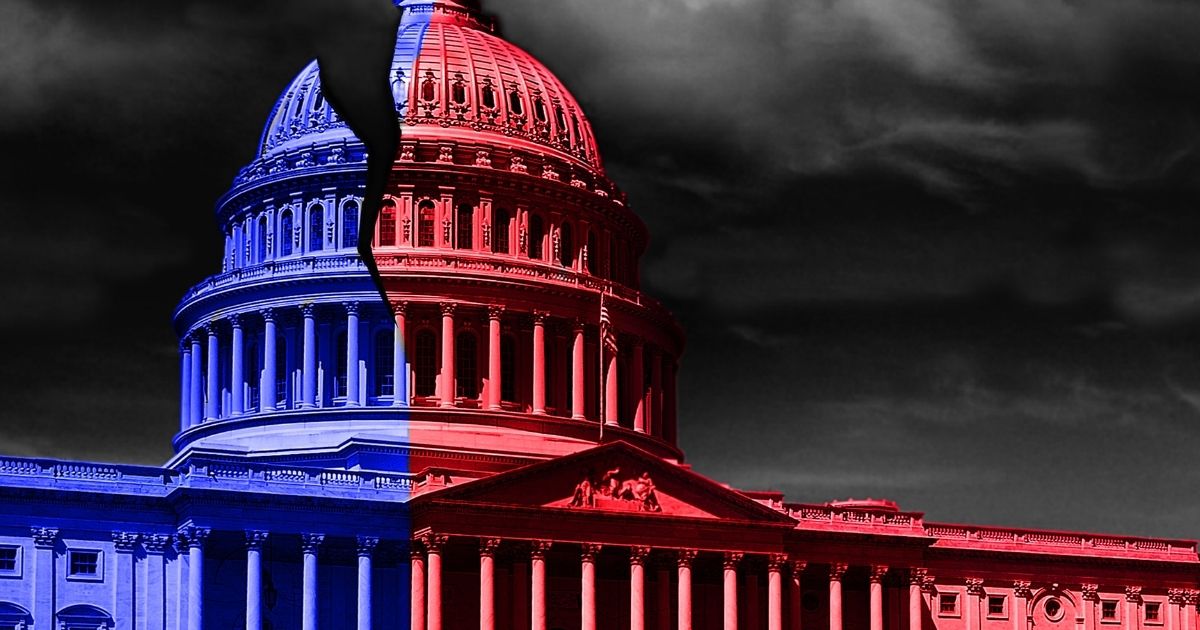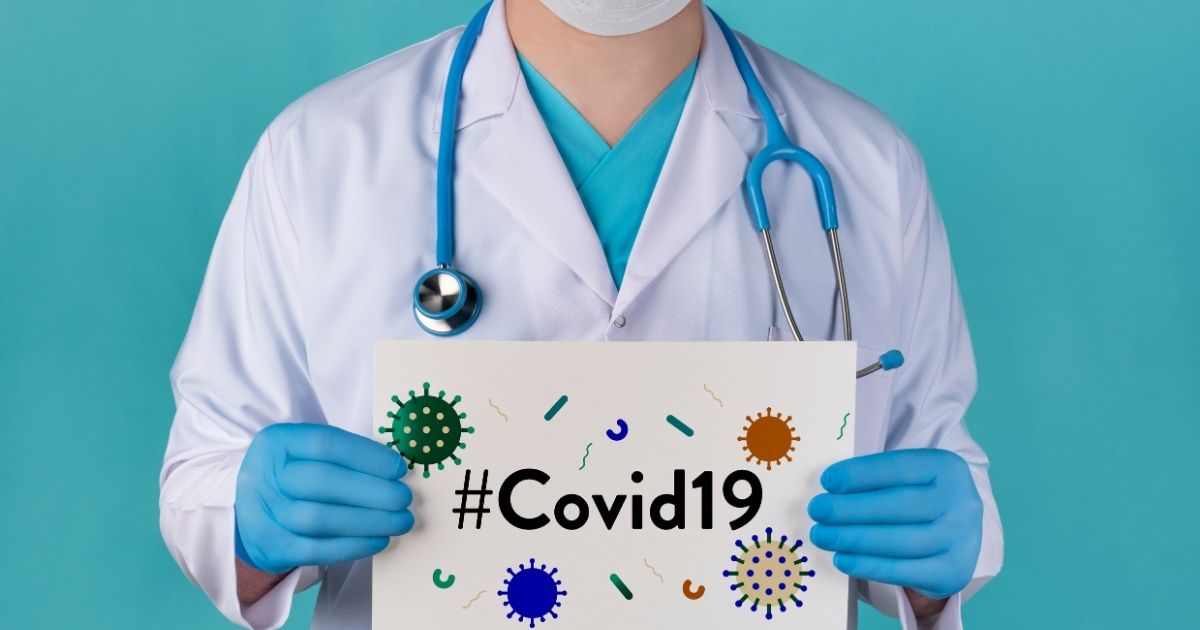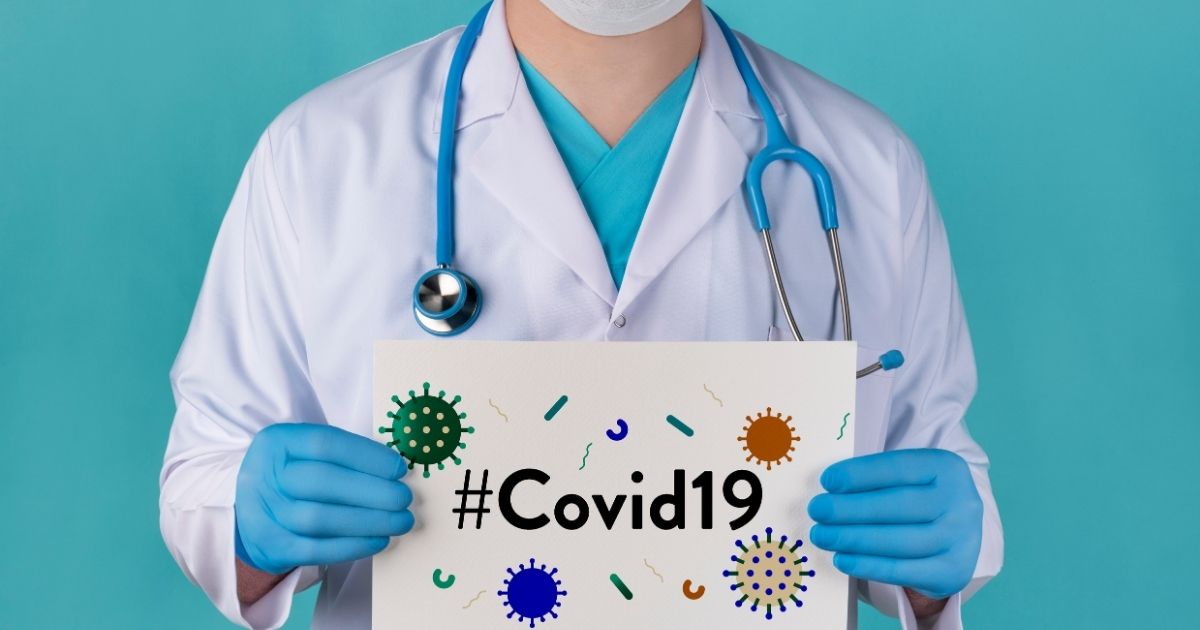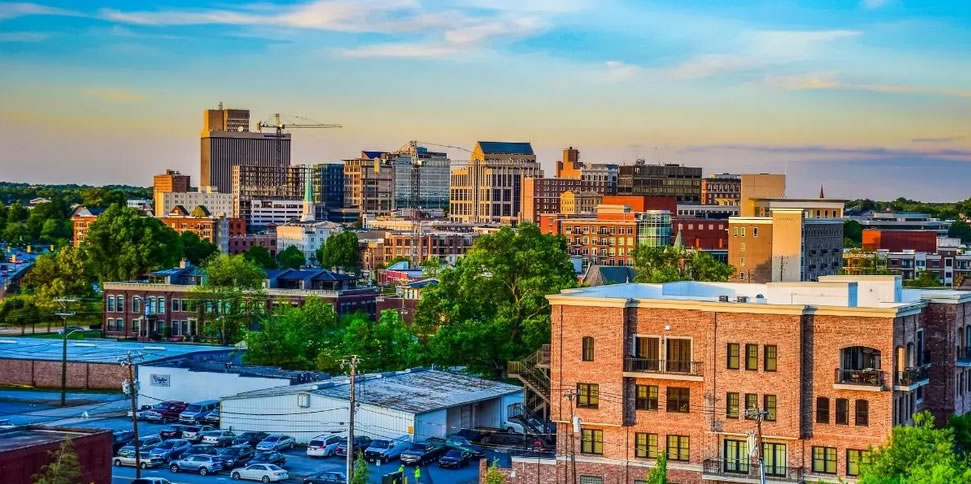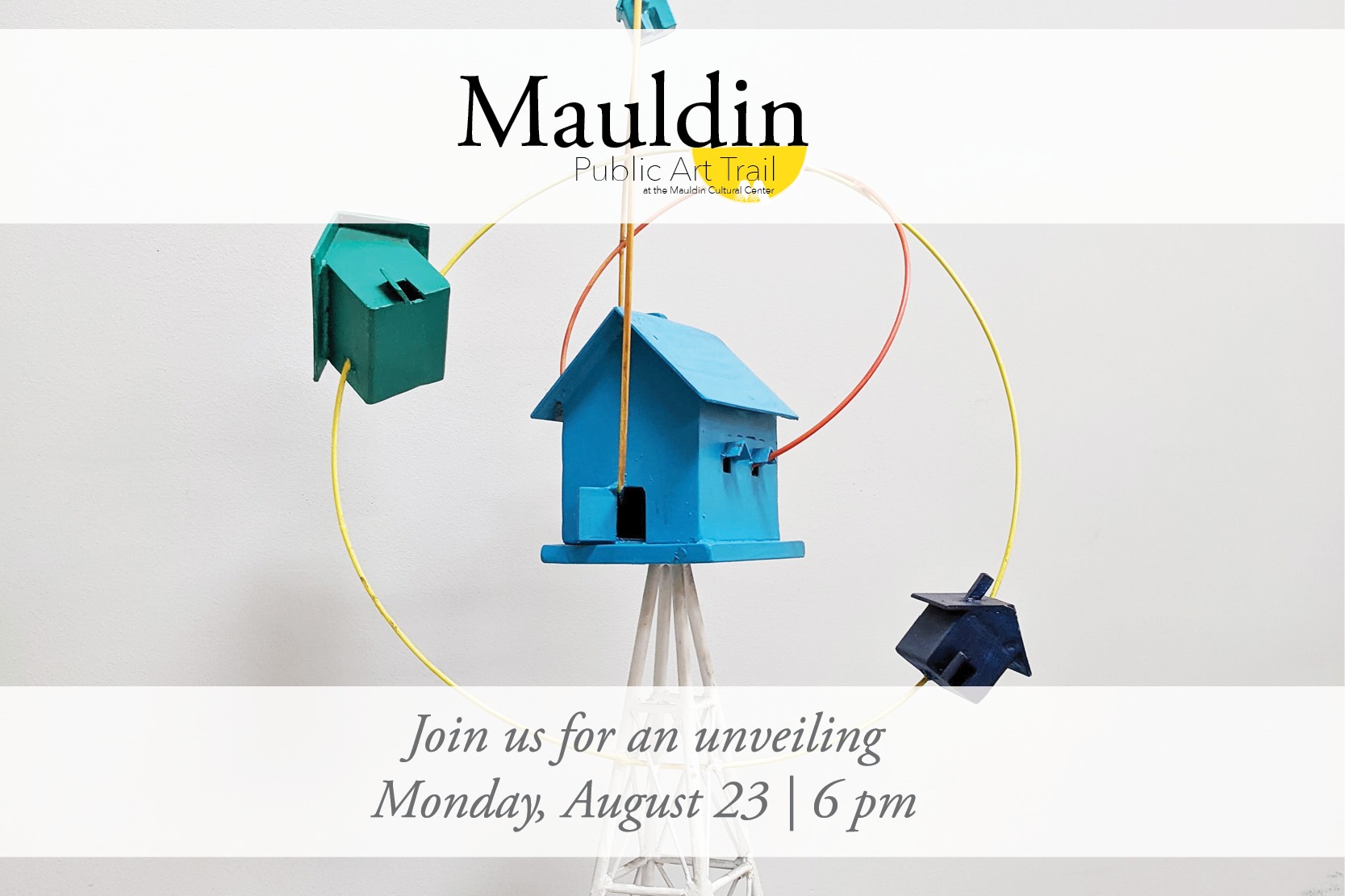This past week, America witnessed it’s biggest election ever in terms of votes cast. With voter turnout projected to above 60% and the prospect of almost 70 million people voting for both candidates, it is likely that nearly half the country will not be happy with the Presidential election result. That being said, is there a political solution to the divide we are experiencing in the United States? What can the future president do politically to bring the country together or is this highly polarized politic situation here to stay?
To gain more insight into these issues, we asked Political Science professors from around the state to weigh in on these questions and give us some insight on the road ahead in American politics and the nation as a whole.
Here is what they said …

Kendra Stewart
Professor and Director Joseph P. Riley, Jr. Center for Livable Communities
College of Charleston
The next President will certainly have a huge challenge ahead of him, but it’s not insurmountable. Although the country is highly polarized right now, about one-third of Americans still identify as independent. These folks may have voted for one of the two major party candidates in this election, but they do not identify with the base of either party. Most Americans agree on the majority of the issues and want our country to heal and be successful. They want a leader who can bring all of us together and start focusing on the issues at hand that matter most – COVID and economic recovery. Elections can bring out the worst in people – with so much media focusing on winners and losers. But generally once a president takes office they experience a brief honeymoon period and have an opportunity to offer an olive branch and express their desire to serve ALL Americans, not just those who voted for him. As much as we are hating it, there may be some advantage of a slowly unfolding electoral count. At this rate, by the time a winner is declared Americans may just be ready to move forward and a lot of the emotion and anger may be gone. One thing is for sure, whoever wins this elections needs to work to cultivate the support of the other side and to gain the confidence of the American people.

Karyn Amira
Department of Political Science
College of Charleston
As a political scientist, I would love to say that we can bring the country together, but my analysis needs to be rooted in the reality of the moment. Unfortunately, it will be hard to unite the country in the short term. In political science we know that ideological polarization has been increasing for a few decades. Moreover, affective polarization has also been getting worse. Affective polarization is the increasing negative feelings about people in the opposing party. It is more about how we view each other as people than it is about polarizing issue positions. What can overcome our division? Prior to the 2016 election, some would have made the argument that issues with broad appeal- such as getting money out of politics and building a more robust healthcare system- could unite a decent number of people in both parties. But two asymmetries exist at this moment that would likely prevent this from happening- at least in the next 4-8 years.

First, the parties in Washington do not operate similarly. The Republican Party was obstructionist when Obama was in office. Once they assumed power under President Trump, they gave every indication that they were not interested in crafting reform- minded policies. There has been no replacement for The Affordable Care Act- despite years of claiming there would be one- and there has been no reform for how government or elections operate. That the Republican Party did not write a new 2020 platform for their convention indicates that they prefer to govern through President Trump’s force of personality and judicial appointments rather than finding creative solutions to policy-related problems. This is not a partisan statement- it is a sober reading of a party’s political strategy at this moment in history. Thus, there is little reason to believe they will work with Democrats to craft legislation in Congress.
The second problem is (relatively) new and takes place within the most politicized segments of the public. For many years, American voters inhabited the same news and media system. A few major networks reported on the news of the day in ways that were essentially non-partisan. The emergence of partisan news in the 1990s and the fact that we can curate our social media feeds, have left some people (though certainly not all) in different information universes. When this asymmetry gets compounded by conspiracy theories (such as QAnon) that have no basis in reality, we are left with a situation that makes it very difficult for policies to break through to people- particularly the very politically active individuals that tend to get more attention from the media and from legislators themselves.
This does not mean all hope is lost for our country, but it does mean that if we want to unite, we have to make real efforts to elect leaders who operate in good faith and are willing to work with the opposition party. We also have to listen to citizens who are less partisan (there are many) and who care more about issues that affect everyday lives than simply “dominating” the opposition party as though politics were a sporting event of winners and losers. This will be a difficult road ahead.
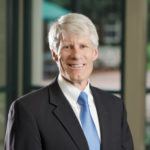
Brent F. Nelsen
Professor of Politics and International Affairs
Furman University
Tough question! We are still a very polarized nation. Politics tends not to bridge deep social divides well. The democratic political process is designed to help us govern our society even when we are deeply divided. Don’t look to politics to change society; look to politics to keep the peace!
That being said, what the president says, matters. If the president encourages conflict and division, that will make a deeply polarized nation more conflictual. If the president encourages unity, the divisions will not go away, but they might not get out of control.
Our society needs healing, but politics won’t do it. We need a cultural renaissance that results in more Americans mixing with more people not like them. We need to turn off cable news and social media and join community organizations, churches, sports teams and supper clubs filled with people who don’t live in their neighborhoods, drive the same vehicles, listen to the same music or watch the same Netflix shows. That will be tough, but it’s what America needs if it is going to truly “come together.”

Jenna Silber Storey
Assistant Professor, Department of Politics and International Affairs
Managing Director, The Tocqueville Program at Furman
“We shouldn’t be looking to the president to solve our problems! Our highly polarized political situation is in part a symptom of our intense focus on that one position, because it can seem to us that the winner of that race will wave his or her magic wand and definitively reshape our lives. That’s not true. Nor is it how our political system is designed to work. We, as a people, are supposed to be self-governing. This has been historically understood as meaning self-disciplined, capable of restraining our irrational passions so as to work together. Our country will come together when we as a people decide to pull ourselves together. That means having the discipline to approach people who voted for the other candidate with sincere interest in what they think, who they are, and how we might find ways of doing the work we have to do together.”

Steve Miller
Associate Professor
Clemson University
There is surely a political solution to where we are. It is a fantasy to think it is obtainable. It would require massive concessions from the GOP that it has shown it is fundamentally unwilling to make. As long as the GOP continues down this path, and as long as that message gets amplified by their auxiliary media networks to its ecosystem of devout partisans, this situation is here to stay. Really,Trump is just the most obvious symptom of small-d democratic gangrene that’s been consuming the American right wing for 30 years.
I don’t see the Democrats making the same mistake it made in Jan. 2009. Therein, Democrats extended an olive branch and were met with immediate obstruction and resistance for it. Surely Biden will offer that token olive branch. It’d be bad optics to not do that. The situation Biden will inherit is arguably worse than what Obama inherited, certainly on the economic front. Bipartisan government solutions would help. Expect Republicans (especially in the Senate) to do the same thing in response. They’ve already signaled they’ll make it worse because the backbenchers that came in with the Tea Party in 2011 are increasingly in leadership positions now. In strategic situations, observed bad-faith behavior results in a reprisal and gets mimicked.
It’ll get worse because Republican opposition wants it to get worse, or at least not care if it does. Negative partisanship and rage have been defining features of the GOP since Obama got elected. Democrats have just learned to requite some of that.

